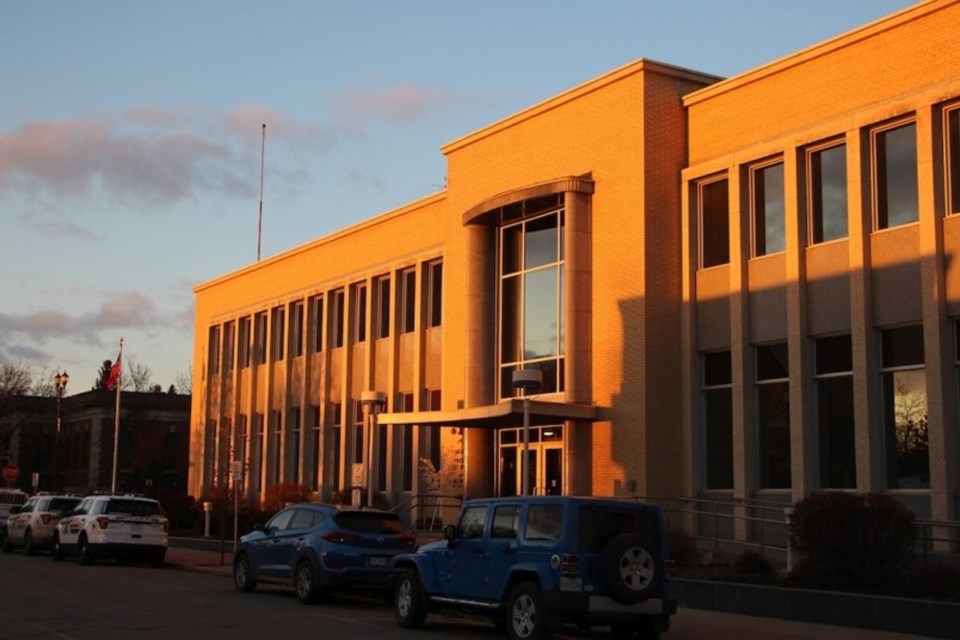YORKTON - The mills rates for 2024 have been set in Yorkton.
At its regular meeting Monday Yorkton Council unanimously approved the city’s 2024 Mill Rate/Business Improvement District Levy, Base Taxes and Mill Rate Factors for Classes and Sub-Classes of Land.
“Municipal property taxes are set by City Council and account for approximately 70 per cent of your total property tax amount,” Raelyn Knudson – Assessment & Taxation Manager with the city told Council.
The calculation of each property owner’s share of property taxes is based on two factors:
* The city’s budget;
* The total assessed value of all properties in our city.
At the Feb. 26 Council meeting, Council approved the 2024 Operating and 2024/2025 Capital Budgets, which included a 3.5 per cent increase to municipal tax revenue.
Knudson also noted, 2024 is the last year of the 2021 revaluation cycle. Residential assessment remained steady, along with the number of residential properties. There was slight growth in commercial assessment with some elevator improvements and a shift from ag land to commercial land.
In overall terms, “City Council is conscious of the impact that a tax increase has to all taxpayers. Inflation affects everyone’s expenditures, including the City’s. Council and Administration have worked hard to keep increases as low as possible, while maintaining current service standards,” she said.
“For some time, the levy split has been approximately 55 per cent residential / 45 percent commercial, without changing significantly. That is, residential properties have been paying 55 per cent of the tax in the City, with the remainder on non-residential. This split arrangement will continue into 2024.”
Part of the tax equation locally are base taxes.
The largest of those is “A base tax for protective services has been in place on all improved residential properties for many years. In previous years, this base tax was charged on each self-contained residential dwelling unit,” explained Knudson.
For 2024, the amount will remain at $830.
Multi-unit properties will pay one base tax per unit. Condos and high-density multi units will pay a base tax of $705.50 per unit and that's (no change from last year).
This also is the third year of the non-residential protective services base tax phase in. Each improved commercial property will pay $750.
“The goal of this base tax is to eventually have every improved property paying an equal share of the protective services costs,” said Knudson.
The Recreation Services base tax helps to cover costs associated with recreational facilities. The rate will remain the same as last year at $100.
In 2023 Council implemented a hospital base tax that will gradually be phased in over a number of years, to start saving money for the new hospital build.
This year improved residential properties will be charged a $50 base tax and non-residential properties will pay a pro-rated share of the levy that is blended into the total mill rate. That amount is equal to approximately 1.12 per cent of the municipal commercial levy, explained Knudson.
In general, in order to achieve the budget increase this year, a mill rate increase is necessary. Council has directed that the increase be distributed evenly among property classes, offered Knudson.
In addition, Knudson noted, the provincial government sets the mill rates for the education property tax for all public school divisions. Municipalities are required to collect education property tax on behalf of the government and then remit the funds to the government for distribution to the public school divisions.
As part of the provincial budget passed on March 20, the education property tax mill rates were set to remain the same as last year.
Ultimately, the rates set forth in the proposed bylaw achieve the 2024 budget as approved. This will allow the City to collect the necessary taxes to finance its operations as budgeted.
Knudson added, “Our goal is to distribute 2024 tax notices by mid-May. As usual, the due date of June 30th, 2024, ways to pay taxes, and a breakdown of where your tax dollars go will be included on the back of the notice.”






